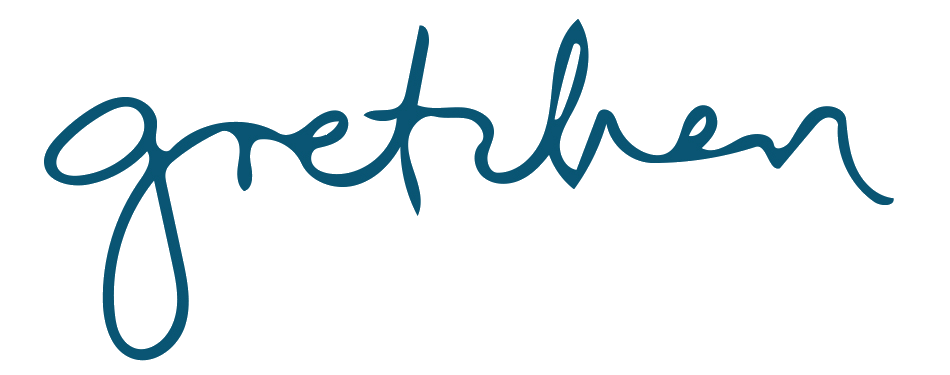Lately, I’ve been doing lots of thinking, reading, and discussing the concepts of equity, liberation, anti-racism, and decolonization as they relate to education and ask myself lots of questions as a result.
Today, I’d LOVE to ask your help in answering the question: when are study skills tools of liberation, and when are they tools of oppression?
Wanna’ know more about what I’m talking about? Check out this video! It’s 6 minutes long, but sometimes it takes a bit longer to explain new concepts, so I hope you’ll hang in there with me while I introduce the question.
Jump in with me here:
What are your thoughts about this issue? I so truly want to know! Please, hit reply and share!
Thank you for any insights you can offer, and have a great week!


Our own paradigm switches when we let kids teach us and we listen to how their brains work.
How can we adapt what we know to that particular student and help us hear from them and what that tools looks, sounds, and feels like from their perspective. It triples when we look at it when we add color, culture, and choice into the mix.
While I appreciate the questions, and especially your willingness to take on previously held assumptions, I have to say that when it comes to education and parenting, YES, unequivocally, the teacher and the parent are in the superior role of experience and most importantly, responsibility. It is not children’s job to educate teachers or to provide for and rear parents. Yes, adults re-learn lessons from children but it is our job to help children grow and thrive within the environment in which they find themselves. To do less is to set them up for failure and hardship. This doesn’t mean to force them to accept and maintain the forces of oppression within their society, but they have to learn about them first if they hope to ever change them. To address your other points would take another post.
I think oppression comes into play when things are forced and when shame is involved in the “teaching”. Liberation is shame free, force free and the teacher is allowed to be challenged. I think oppression is also when there is a cost to knowledge. My 10 year old (now 11 year old) last year said “who decided, who could own knowledge?” I was a bit confused by her question. And she went on with “who decided the universities got to own the knowledge?” It changed the way I think of teaching. Am I teaching from a point of view of ownership where I own the knowledge or even the learning process and expect students to learn from me or do we learn from a place of partnership where the students have a shame free learning space where they have a voice? Specifically, the study skills, are they liberating or oppressive—-depends on the way they are taught, the environment and the relational connections in the group. Are we learning them so we can “perform” a certain way so that society decides we fit? As someone with EF difficulties and diagnosed ADHD sometimes I wonder why I work Sooooo Hard to be better at these skills. Is it because Society has made it so I need them? Would there ever be a society where I don’t need them? Is this forced learning because of how society is set up? Now you’ve got me thinking.
Hi I am from Malaysia
I am looking for a personal ADHD coach.
However, im interested of your title.
I am in a transition period of changing new career.
I have zero knowledge about it. and many seems very boring to me.
I need to read a lot, daily, magazine, webminar, to be come a knowledgeable real estate consultant.
Can we have a consultation? my whatsapps +60167373337
I’m so fascinated by the concept of schoolishness, and the lessons that can come from the unschooling movement. I so agree that it is our job to help students grow and thrive within the environment in which they find themselves, and this is how I’ve made peace with my own choice to coach students in the current educational paradigm. I’m learning more about unschooling because I’m interested in pushing my own skills in helping students ALSO question the forces of oppression that they face in society and in school. My position as a coach allows to see into thousands of teachers’ classrooms, and there are so many ways that curriculum and pedagogy can be used to harm students, as much as to help them (ESPECIALLY students with learning disabilities alongside other systematically marginalized identities. So I’m trying to figure out how to support students in navigating all that with their self-respect intact (in the face of adults who don’t often show them the respect I wish teachers might). Sigh. I do appreciate your last point about “learning about the forces of oppression first if they hope to ever change them.” That is one layer I’m trying to weave more into my coaching with students!
I so appreciate you bringing in the topic of shame and force into the discussion, Chaylene. How brilliant of your then-10-year-old to be asking the question about who owns knowledge! And the questions you ask at the end are so poignant — you DO WORK HARD at all these skills… I’ve seen that in action with you!! And wow — would there ever be a society where you don’t need them, or at the very least, where your own success or failure didn’t hinge on you gaining those skills?! As you continue to think about it, keep me updated. 🙂 I’m glad it got you thinking.